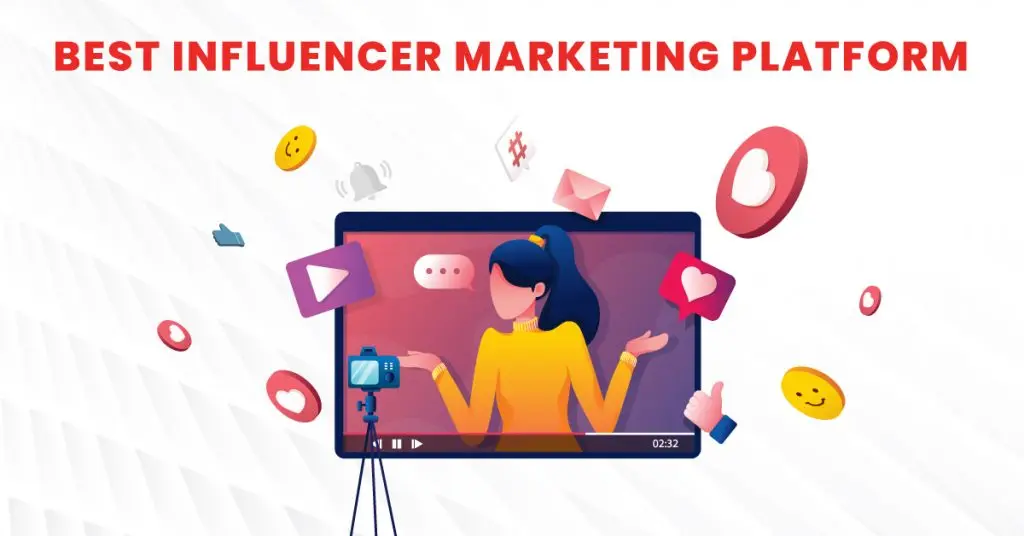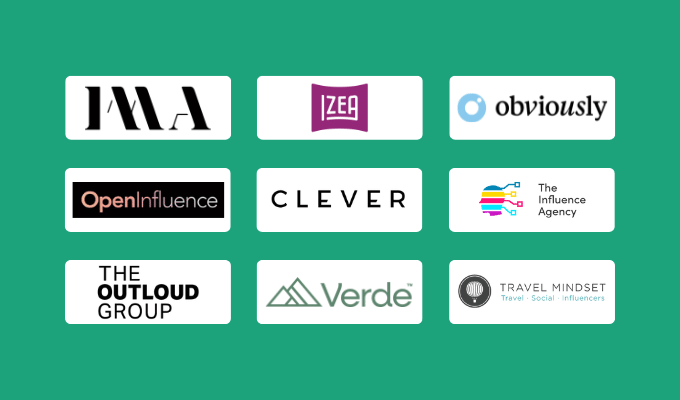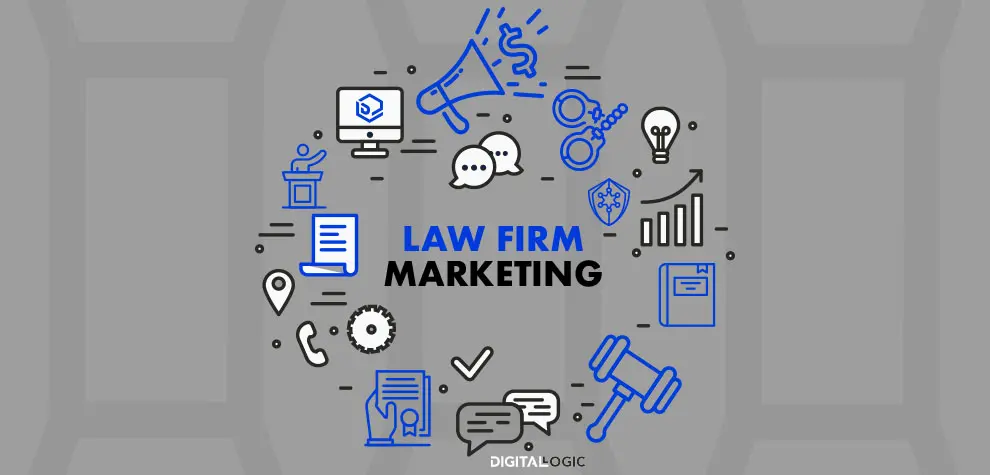
Understanding Influencer Marketing
Influencer marketing is a powerful strategy that leverages the reach and credibility of individuals who have a significant following on social media platforms. These influencers possess the ability to sway the purchasing decisions of their audience, making them invaluable partners for e-commerce businesses. By collaborating with influencers, brands can effectively promote their products and drive sales through authentic recommendations.
Why Influencer Marketing Works for E-Commerce
One of the primary reasons influencer marketing is effective in e-commerce is the trust that influencers have built with their followers. Consumers are increasingly skeptical of traditional advertising; however, they trust recommendations from individuals they admire. This trust translates into higher conversion rates, as followers are more likely to purchase products endorsed by influencers they follow.
Moreover, influencer marketing allows e-commerce brands to target niche audiences. Influencers often cater to specific demographics, which means that businesses can reach potential customers who are already interested in their product category. This targeted approach increases the likelihood of sales and enhances brand awareness among relevant consumers.
Choosing the Right Influencers
To maximize the effectiveness of influencer marketing, it’s crucial to select the right influencers for your brand. Here are some steps to consider when choosing influencers:
- Relevance: Ensure that the influencer's content aligns with your brand values and product offerings. This relevance will resonate with their audience and enhance the authenticity of your collaboration.
- Engagement Rate: Look beyond follower count. An influencer with a smaller but highly engaged audience can be more beneficial than one with a large but passive following.
- Authenticity: Assess whether the influencer has a genuine connection with their audience. Authentic influencers tend to have stronger relationships with their followers, leading to more effective promotions.
Creating Compelling Campaigns
Once you have identified suitable influencers, the next step is to create a compelling marketing campaign. Here are key elements to include:
- Clear Objectives: Define the goals of your campaign. Are you aiming to increase brand awareness, drive traffic to your website, or boost sales? Clear objectives will guide your strategy.
- Creative Freedom: Allow influencers the creative freedom to present your product in a way that feels authentic to their style. Their audience is more likely to respond positively to content that feels genuine.
- Exclusive Offers: Providing influencers with exclusive discount codes or promotional offers can create a sense of urgency among their followers, encouraging immediate purchases.
Measuring Success
To understand the effectiveness of your influencer marketing efforts, it’s essential to measure success through various metrics. Here are some key performance indicators (KPIs) to consider:
- Engagement Rate: Track likes, comments, and shares on influencer posts to gauge audience interaction.
- Website Traffic: Use analytics tools to monitor traffic coming from influencer campaigns. This will help you understand how well influencers are driving users to your site.
- Sales Conversion: Track the number of sales generated from influencer promotions to evaluate the direct impact on your bottom line.
Utilizing Different Platforms
Different social media platforms offer unique advantages for e-commerce influencer marketing. Here are a few platforms to consider:
- Instagram: Visual content thrives on Instagram, making it ideal for showcasing products through stunning images and engaging stories.
- YouTube: Video content allows influencers to provide in-depth reviews and demonstrations, creating a more immersive experience for potential customers.
- TikTok: Short-form videos can capture attention quickly and virally, making it an exciting platform for creative product showcases.
Challenges of Influencer Marketing
While influencer marketing can be highly effective, it also comes with its challenges. Brands may face difficulties in finding the right influencers, managing relationships, and ensuring compliance with advertising regulations. Additionally, the rise of fake influencers can pose a risk; therefore, conducting thorough research is essential to ensure authenticity.
Conclusion
In summary, influencer marketing is a dynamic tool for e-commerce businesses looking to drive sales and enhance brand awareness. By choosing the right influencers, creating compelling campaigns, and leveraging various platforms, brands can engage their target audience effectively. As you navigate this landscape, remember to measure your success and adapt your strategies to maximize your return on investment. With careful planning and execution, influencer marketing can significantly contribute to your e-commerce success.
Additional Resources
For those looking to dive deeper into the world of influencer marketing, consider exploring case studies, industry reports, and expert blogs that offer insights and strategies for effective implementation. Networking with other businesses and influencers can also provide valuable perspectives and collaboration opportunities.








